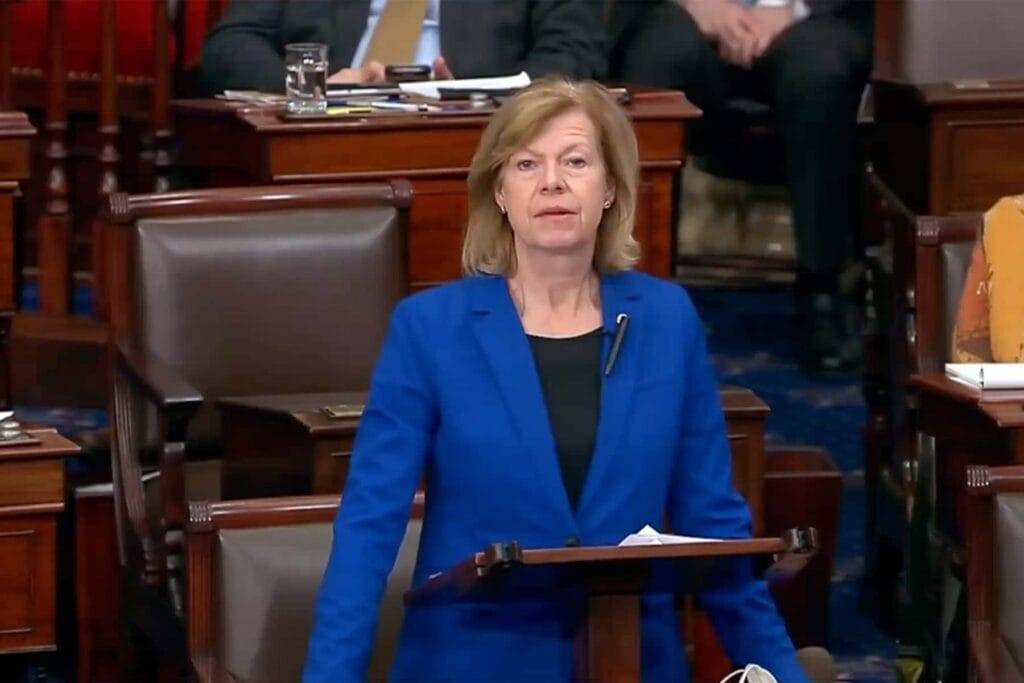By: Hemant Patel
On October 24, U.S. Senator Tammy Baldwin introduced a resolution in the Senate urging the U.S. government to engage with India to reverse policies that discriminate on the basis of religion and push for an end to violence against peaceful civilian protesters in India.
“Religious freedom is a fundamental human right, and when any country infringes on it, the United States must stand up and speak out,” said Senator Baldwin. “I am calling on the United States to continue pushing the government of India to reverse course on the systematic religious and political persecution that is endangering and disenfranchising innocent civilians.”
While any Senator has the right to introduce a resolution, the introduction of a resolution neither means that it will necessarily find other co-sponsors or be taken up by the relevant Senate committee (in this case the Senate Foreign Relations Committee) or discussed in the chamber. But a resolution is a signal of the particular individual leader’s priorities and is often driven by interest groups, including activist groups and donors.
While Delhi hasn’t officially responded to the resolution yet, India has forcefully rejected the charges laid out in the resolution about its domestic policies and record in the past. It has attributed the criticism of its democratic record to “votebank” politics within the US and to motivated groups with links with India’s adversaries.
Dr. Richard L. Benkin, a celebrated author of ‘A Quiet Case of Ethnic Cleansing’ said, “Baldwin’s move has attracted fury and disagreement from the Indian community across the United States. We feel that India is one of the best and safest countries for minorities and we urge the fellow community members to oppose Senate Resolution 424.”
